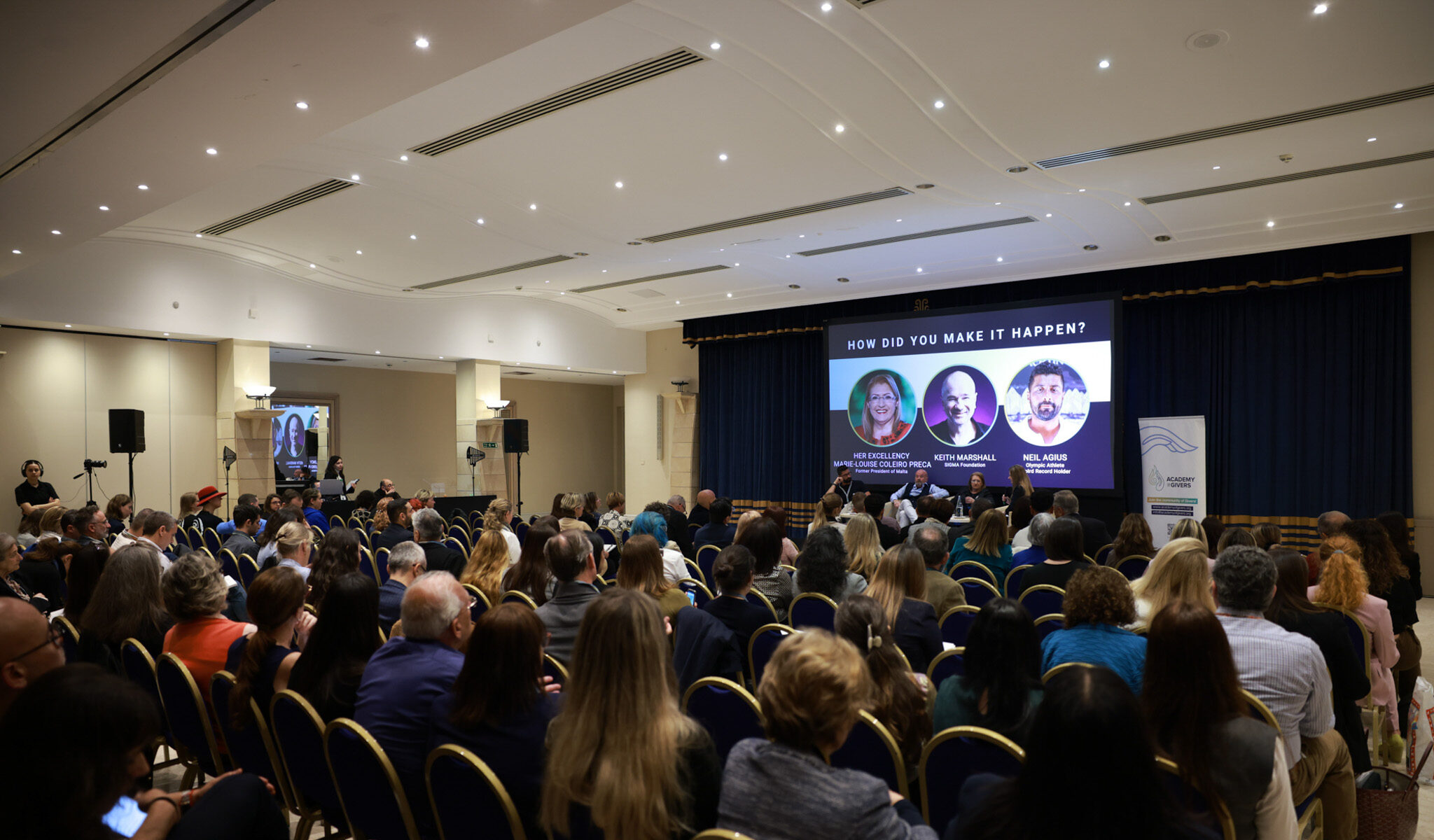Discussions around neurodiversity in the workplace have become more prominent in recent years, yet harmful misconceptions persist.
When media narratives suggest that neurodivergence is an excuse for inappropriate behaviour, or when individuals are described as ‘suffering from autism’ or ADHD, it reinforces damaging stereotypes. The reality is that neurodivergent individuals do not struggle because of their condition – they struggle because workplaces are often not designed with them in mind.
While the professional landscape is evolving, challenges remain. Many neurodivergent individuals find it difficult to feel valued and heard at work, and traditional employment structures can overlook their strengths. However, forward-thinking businesses are beginning to recognise the immense potential of neurodivergent talent.
According to recent reports, UK employers are increasingly acknowledging the competitive advantage of hiring neurodivergent individuals. Data shows a six-fold increase in job advertisements referencing neurodiversity since 2019, indicating a shift towards more inclusive hiring practices.
So, what can employers do to ensure that neurodivergent professionals thrive in the workplace?
Move beyond stereotypes when assigning roles
One of the most common mistakes employers make is assuming that all autistic individuals excel in coding or that those with ADHD struggle with deadlines.
Neurodivergent individuals bring a diverse set of strengths, such as hyperfocus, creativity, and problem-solving skills, which can be leveraged across various roles. Employers should focus on understanding each individual’s unique capabilities and adapt job responsibilities accordingly, rather than relying on outdated stereotypes.
Offer flexible working conditions
Flexibility is a game-changer for neurodivergent employees.
Allowing individuals to work during their most productive hours can significantly reduce stress and enhance efficiency. Beyond working hours, flexibility should extend to the work environment itself, enabling employees to choose conditions that help them perform at their best.
Recognising individual needs and accommodating different working styles fosters a more inclusive and supportive culture.
Ensure clear and simple communication
One of the most effective ways to support neurodivergent employees is through clear and structured communication. Written instructions, checklists, and concise summaries help minimise misunderstandings and enable individuals to stay on track with their tasks. Encouraging employees to ask questions and request clarification further promotes an open and inclusive atmosphere.
Adapt the physical workspace
Creating a work environment that considers both neurodivergent and neurotypical employees can be transformative – and it often requires minimal investment.
Simple adjustments, such as providing quiet areas for those who need to step away from noise, offering noise-cancelling headphones, or allowing for personalised desk arrangements, can make a significant difference. A well-designed workspace helps neurodivergent employees feel more comfortable and engaged, ultimately benefiting the entire workforce.
Foster open conversations and awareness
Encouraging open discussions about neurodiversity is essential in creating an inclusive workplace.
Educating neurotypical employees on how to support their neurodivergent colleagues fosters understanding and collaboration. Practical training sessions, such as those offered by neurodiversity-focused organisations, equip teams with the tools they need to work effectively together. By normalising conversations about neurodiversity, businesses can build environments where every employee feels seen and valued.
Ivan J. Bartolo’s personal growth book launched in the United States
Ivan J Bartolo’s book about personal growth has also been nominated at the Business Book Awards 2026.
Virgata’s Plaza Centres proposals ‘clearly benefit all shareholders’ – Jordi Goetstouwers Odena
Shareholders are set to vote on a share buyback programme, a bonus share issue, and a streamlining of the company ...
HSBC Bank Malta CEO on CrediaBank takeover: ‘Committed to a smooth and orderly process’
The CEO placed the emphasis on continuity and stability as the bank navigates the proposed takeover process.
Academy of Givers to host fifth Annual Conference and Impact Fair in March
The event will answer how usinesses, NGOs, philanthropists and institutions can work together to strengthen Malta’s social and environmental resilience.









